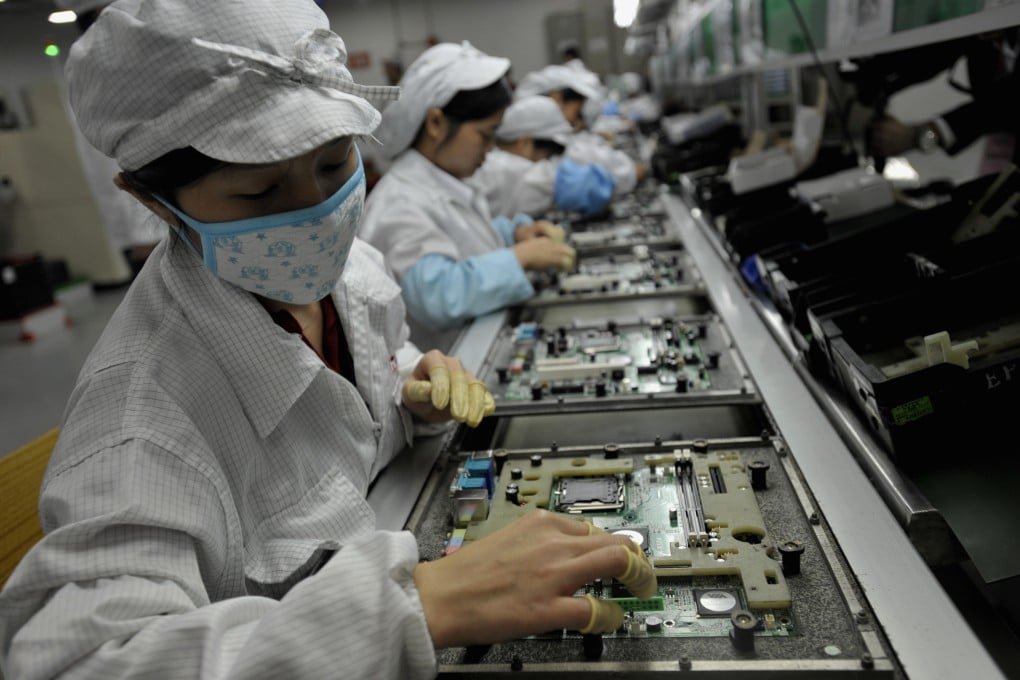Advertisement
Outside In | How six ‘China shocks’ reshaped the global economic landscape
- From China joining the WTO to Apple choosing the mainland to make its iPhones, the past 50 years have seen a series of Chinese moves that change the global status quo
- They reflect a Chinese intention to join and participate profitably in the global economy
4-MIN READ4-MIN
5

The past month has seen the publication of two vastly differing examinations of how China’s emergence is altering and challenging the balance of global economic and political power, China’s motivations and how we should respond.
The first book, The United States vs China: the Quest for Global Economic Leadership, is by Fred Bergsten, founder of Washington-based trade policy think tank the Peterson Institute. He argues that China is too large and too dynamic to be suppressed and that countries should not try to contain China but instead focus on “conditional competitive cooperation”.
The second, Getting China Wrong by Princeton political scientist Aaron Friedberg, sees China as an irreconcilable enemy. He says the United States and its allies “must mobilise their societies for a protracted rivalry with China”, including partial disengagement, intensified military preparation and “an active challenge to Beijing’s ideological narratives”.
Advertisement
The books sit at the heart of arguments and disagreements about deglobalisation and decoupling, as well as over whether China should be regarded as an enemy. They rest on analysis of the “China shock” to the US economy in particular, and the global economy in general, and on diametrically contrasted ideas about what this shock was.
For me, the apparently widely held notion that bringing China into the World Trade Organization in 2001 was a naive, mistaken decision is wrong. The “China shock” was not a singular event, either.
China has delivered a series of shocks since the death of Mao Zedong in 1976 – some negative, some positive. With almost half a century passed since the first of China’s shocks, it is mistaken to act in ways that threaten to make an enemy out of a country that is overridingly obsessed with economic growth.
Advertisement
Select Voice
Select Speed
1.00x
